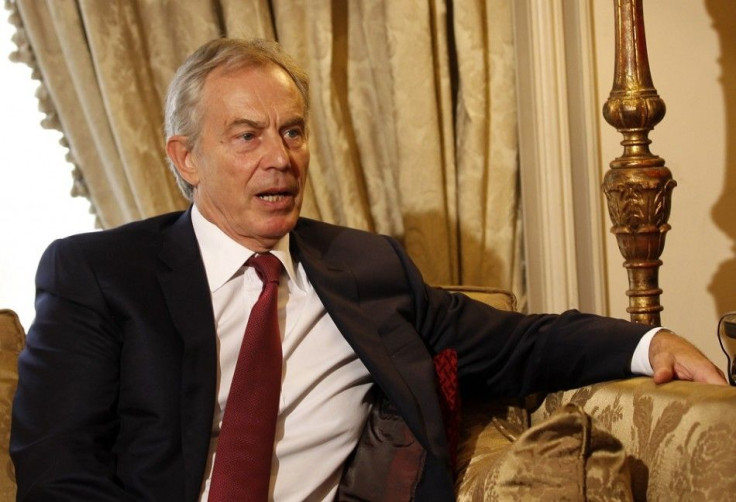Former UK PM Tony Blair promised support to US in war against Iraq, leaked White House documents reveal

Former British Prime Minister Tony Blair had promised to support the United States of America in the war against Iraq in 2002, leaked White House memos indicated.
Former U.S. Secretary Colin Powell wrote a memo to then-President George Bush on March 28, 2002 around a week prior to holding a meeting with Blair and the U.S. leaders at Bush’s ranch in Texas. “On Iraq, Blair will be with us should military operations be necessary,” the memo read as published on the Mail on Sunday. The document added, “He is convinced on two points: the threat is real; and success against Saddam will yield more regional success.” Powell was referring to Saddam Hussein, whom the U.S. ousted in the invasion of 2003.
Ex-civil servant Sir John Chilcot’s controversial inquiry into the reasons that led to the war against Iraq was conducted after the 2003 invasion of Iraq, but the findings were not announced, although they were expected to be revealed six years ago. With the leakage of the memos, however, public pressure on Chilcot asking him to investigate the truth behind Blair’s support to the U.S. has increased.
Blair had previously denied rushing to the war, while his office claimed that there was nothing new about the allegations, noting that whatever was leaked was “consistent” with what Blair had publicly spoken about during his reign and the evidence he produced at the Chilcot inquiry.
The new revelations “needed to be looked at very seriously,” SNP leader Alex Salmond said, referring to Chilcot’s slow investigations on the matter. Downing Street is also awaiting the reports from the inquiry as these would bring the decisions that led to British cooperation in the war into limelight. It also expects the reports to be published soon.
Meanwhile, there are speculations that Chilcot might be asked to step down as chairman of the inquiry commission. Attorney-General under Blair, Lord Morris, has supported the notion of the removal of Chilcot from the position and the publishing of an interim report on the basis of the evidence gathered.
The Mail on Sunday, in its publication, mentioned that there were several other sensitive documents available in the secret batch of emails found from the private server of U.S. Democratic presidential candidate Hillary Clinton. The U.S. courts reportedly forced her to reveal the email regarding U.K.’s support promised to the U.S.
Contact the writer at feedback@ibtimes.com.au, or let us know what you think below.





















